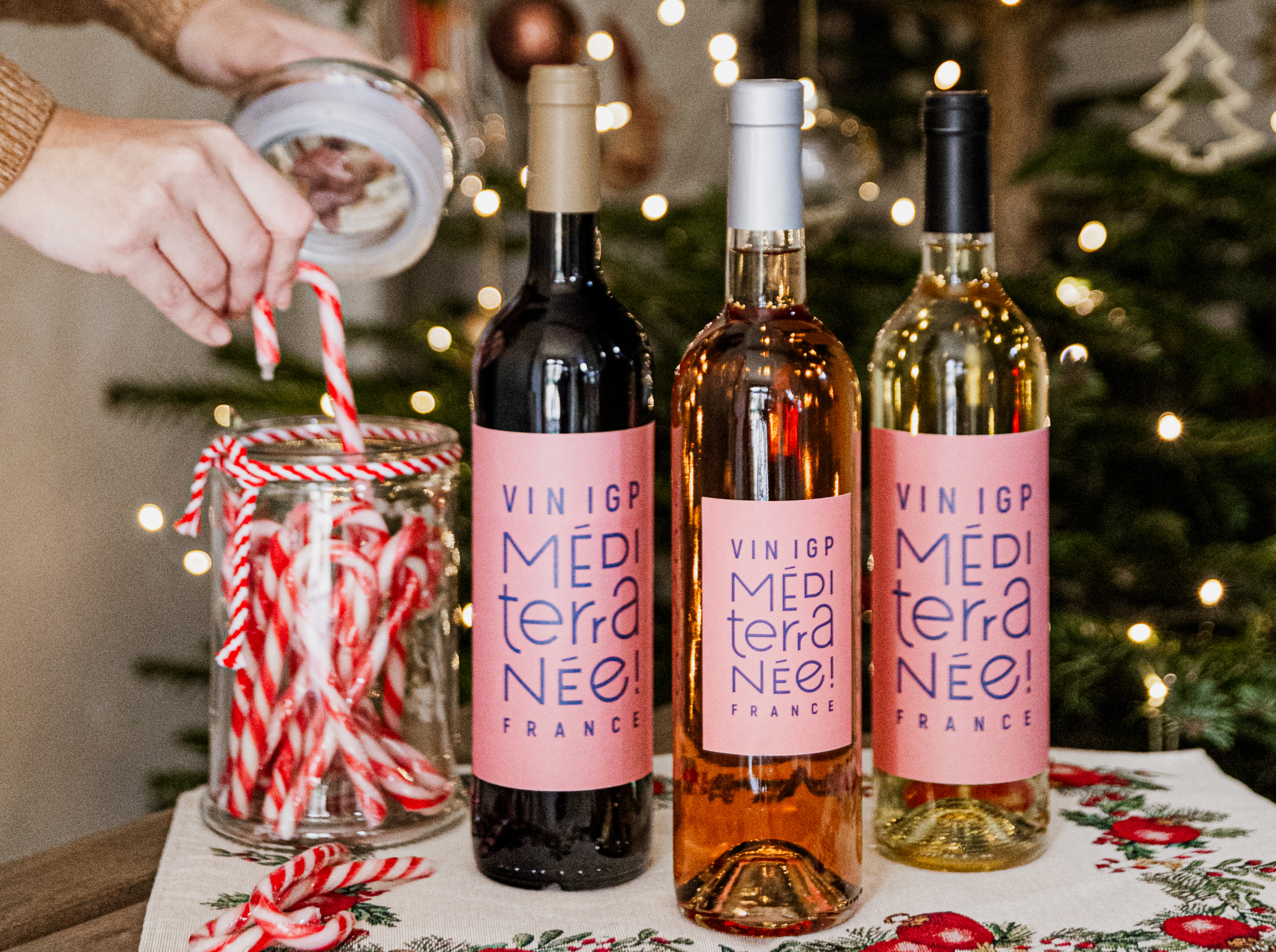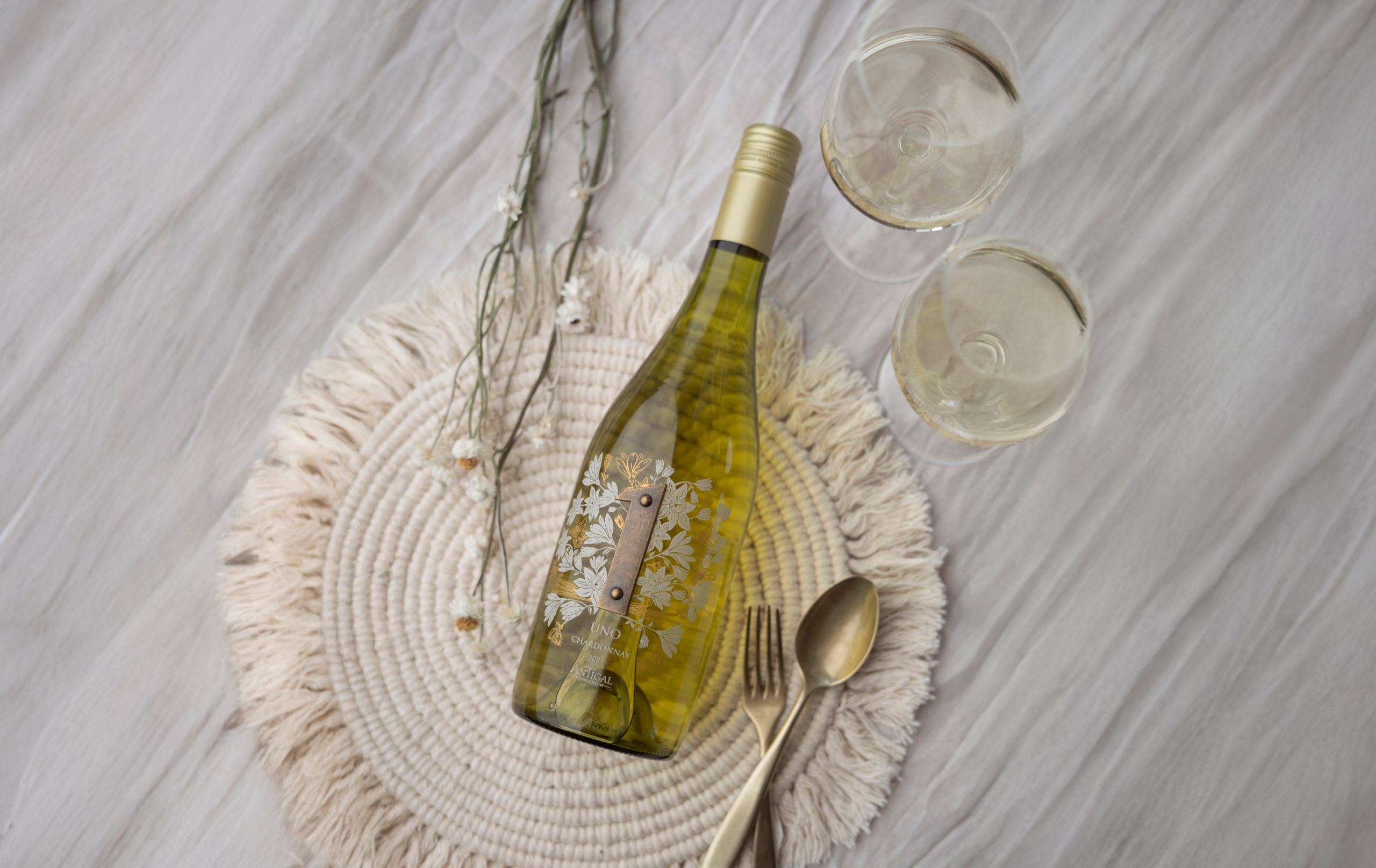Château Angélus determined to tighten distribution
Having learnt the lessons following the 2010 vintage, Stéphanie de Boüard-Rivoal, the eighth generation owner of Bordeaux estate Château Angélus, is determined to tighten up its distribution network to achieve a more even global allocation, vowing that the concentration of the 2010 vintage in Asia, which led to stock problem in China, “happened only once and will never happen again”.
Speaking to dbHK last week in Hong Kong, de Boüard-Rivoal (pictured) who took over the family estate in 2012 from her father Hubert de Boüard revealed that Angélus will hold back about 40% to 50% of 2017 vintage release, as a part of her ongoing effort to tighten up Château Angélus’ global distribution network to build a “more efficient and fluid” sales network that encourages wine consumption.
“I want to reorganise the distribution to have the best and most selective distributors,” said the determined former banker-turned-vintner.
To put it in perspective, in 2012 when she took over, Château Angélus wines were sold through La Place de Bordeaux system by roughly 140 négociants, and now the number is around 80, she revealed and the number will be slashed further to 50 or 60 in the near future.
“We are confident about the quality of 2017 and we decide to put a.. a significant drop in the volume in the market, a decrease by 40 to 50%,” she explained, without revealing Angélus 2017 en primeur price but hinted it will remain more or less the same as 2016.
The reason behind the shift was partly motivated by China’s frenzy for Angélus’s 2010 vintage, which led to overstocking of its wines in the market, where roughly 40% of its 2010 vintage was sold.
“When I joined in 2012, I saw that the vintage 2010 was sold a lot in Asia especially in China. It was probably about 40%, which was way too much for me,” she stated. “Négociants sold [the wines] to China, seeing there was a demand, but they did not know where it was going to be sold afterwards.” Not all of the wines got through the system to buyers however, causing a problem of oversupply.
However, she was quick to point out this was not a problem limited only to China. “I want to see which distributor they are going to be sold to afterwards and if they are able to absorb the stock…Now Asia is back to 30%. It’s basically one third Asia, one third America, one third Europe, very balanced,” she concluded.
Partner Content
“My idea is to sell the wine to the right person, so we have efficient and fluid distribution. We want our wines to be drunk not sitting somewhere in storage room,” she stressed.
Speaking of wine investment, the vintner, who worked as a banker in London for six years before taking the helm the family estate together with her cousin Thierry Grenié de Boüard, was however not keen on the idea of treating wine as an investment asset.
“I really don’t like the idea that wine is an investment asset,” she stated firmly. “You can’t forbid people doing that but you can not help promote it and I am not helping it…When I saw that wines are purchased for investment I am not going to help it at all.”
In other Asian markets, the wine’s demand is still strong but in countries with high taxes such as India and Thailand, sales are limited. Its exports into Indonesia at the moment are suspended as the local government has imposed import curbs on European products in retaliation for the EU’s ban on Indonesian palm oil, she revealed.
Meanwhile on the production side, the heiress is aiming to increase the production volume for its second wine, Le Carillon d’Angelus, and its third wine, No.3 d’Angelus, in the coming years with newly purchased vineyards and a new cellar coming on-line.
Another top priority on the vintner’s agenda is to convert Angélus into an organically farmed estate in the Right Bank. Within the next five or six years, de Boüard-Rivoal aims to convert 52 hectares of its vineyards to organic viticulture, following the successful conversion of neighbouring Château Bellevue, which is partly owned by Angélus.




